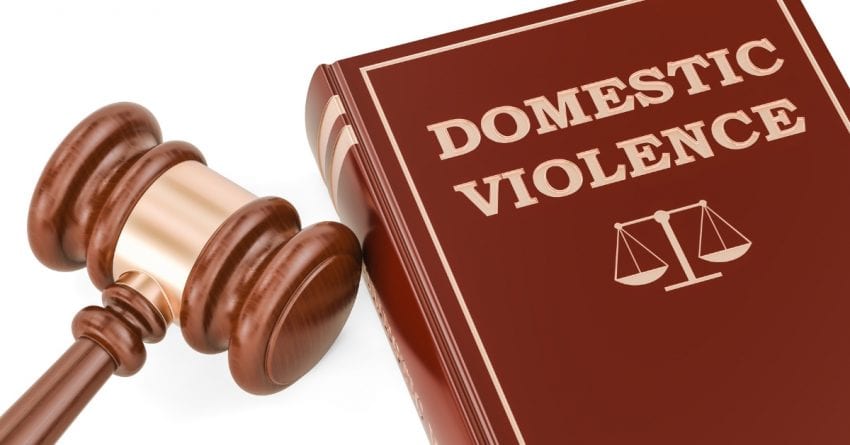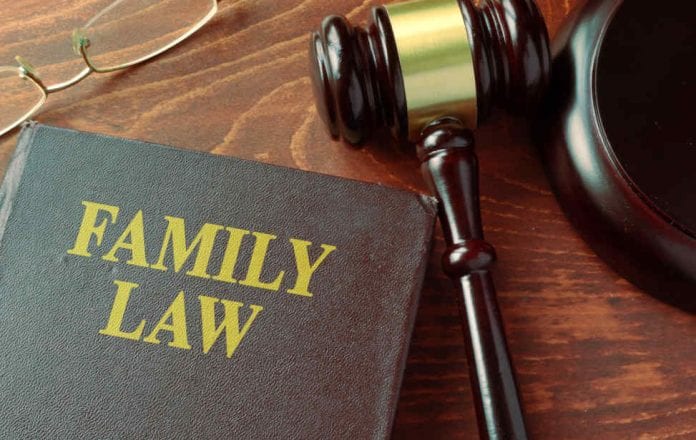Family law is very much different from civil or criminal law, and subsequently, the clauses involved are much different. A good family law attorney knows that dealing with this branch of the law can be tricky, especially with the rising rate of divorces in Western society.
Because of this, family law is more important than ever, but only a few people realize how broad this branch can be.
In this article, we are going to try and fully explain to you the most common types of family law. Bear in mind that each type is different from the other, and the clauses for each type differ amongst each other.
1. Divorce

First on our list is the Divorce type of family law. This might sound strange, however, almost 40 to 50% of US couples divorce at some point in their relationship. These figures are indeed frightening if we take into consideration all the couples that tie the knot each year.
A divorce is when two individuals in a married relationship decide that they can no longer maintain their marriage. Note that divorce happens only if the couple in question is legally married. When the two individuals decide to file for divorce, it means that they will be legally terminating their marriage. During a divorce, many couples strongly argue over their shared assets and debts. The debate gets extra heated if the couple has any children. In many cases, you will need a good lawyer, such as Rightlawyers.com, to handle the entire case.
2. Adoption
The less popular type of family law is Adoption. Adoption has various regulations surrounding it and these regulations are in place to protect the child’s best interests. An adoption, of course, is when a couple or an individual decides to take on the mantle as being a child’s legal guardian. This type of law is mostly met with a lot of paperwork that can result in lots of delays. It is always recommended that couples or individuals who are looking to adopt a child or children should always hire a family law attorney.
3. Protection Orders

A protection order is the type of family law that focuses on domestic violence cases. During domestic violence, the victim who feels threatened might file a petition in the court appealing to pass a restraining order to the person who is threatening. Domestic violence cases occur between couples and the restraining order can eighter be temporary or permanent. If the person who is making threats or acts of aggression breaches the restraining order, he/she could be arrested and even sent to prison.
4. Child Custody
Child custody is a heavily debated issue between the parents in a divorce case. Child custody occurs when two individuals, who were previously in a married legal status, cannot decide who gets to keep the child/children. When child custody is discussed in family court, the case takes into consideration each of the parent’s income, the needs of the child/children/ and the mental and physical state of both parents. Once everything is taken into consideration, the judge decides who gets to be the legal guardian of the child/children, and the other parent pays child support.









